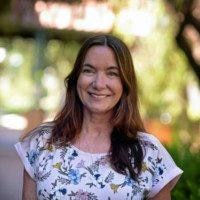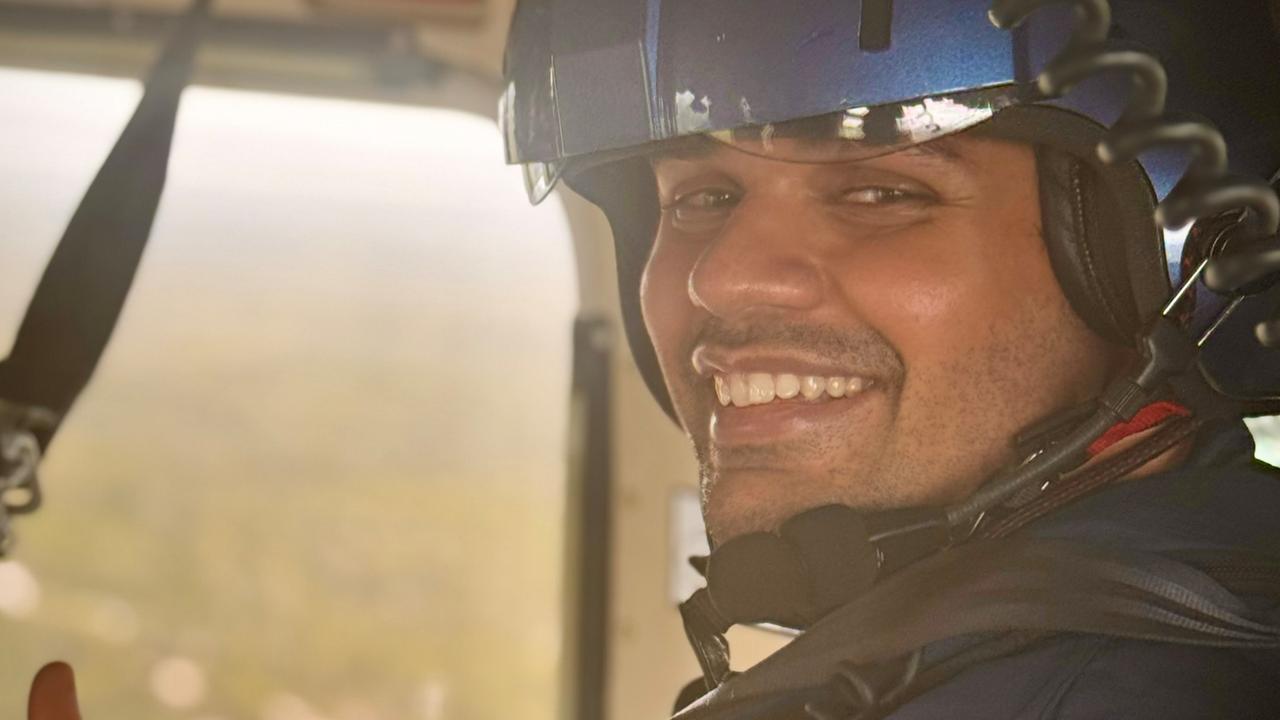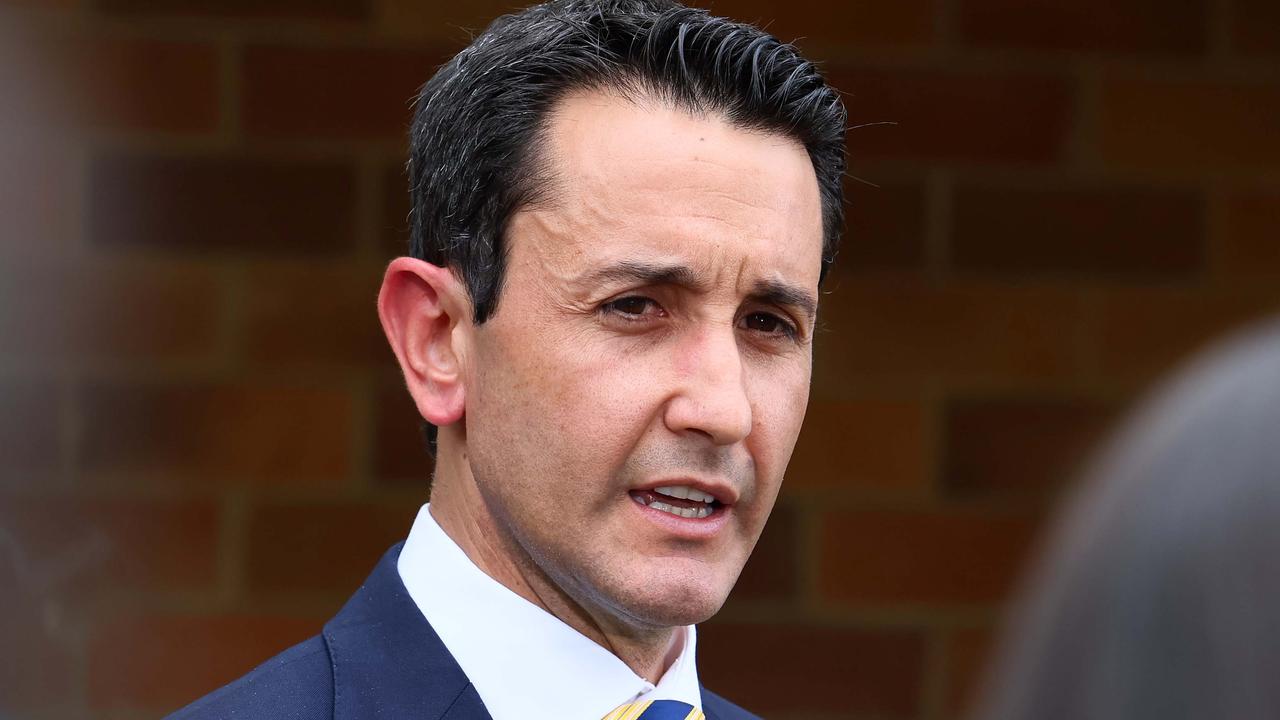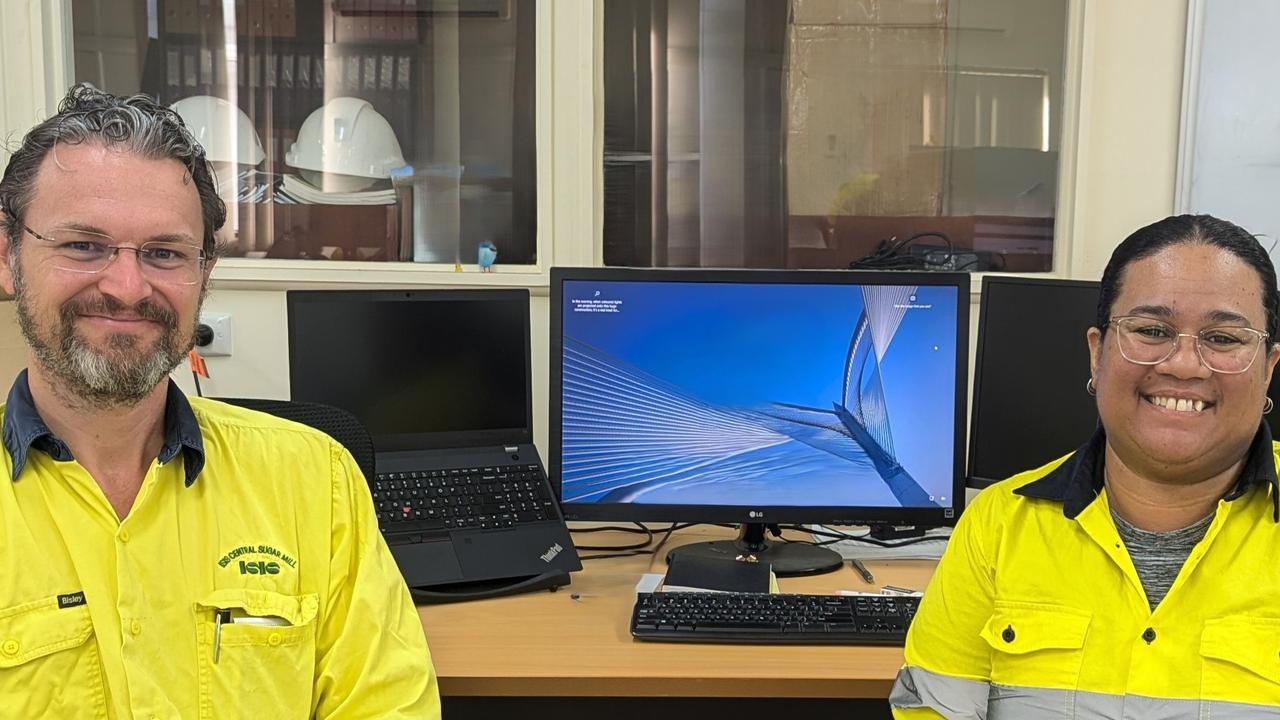Special report: Bundy school leavers' part-time crisis
ONE in four Bundaberg Year 12 graduates from 2018 has ended in part-time work, generally in an unskilled occupation.
Bundaberg
Don't miss out on the headlines from Bundaberg. Followed categories will be added to My News.
ONE in four Bundaberg Year 12 graduates from 2018 has ended in part-time work, generally in an unskilled occupation.

The shocking number of Bundaberg school graduates unable to secure full-time employment has been highlighted in government data, which shows our region well below the state average.
The percentage (26 per cent) of students listing part-time work as their main destination after school is only marginally behind the number going to university (27 per cent).
More than half are finding work in either accommodation and food services or retail.
And according to one expert in the field the students are forced into part-time positions because there simply aren't enough full-time roles available.
For years Bundaberg has endured historically high unemployment figures, but the battle for students to secure a career after school is only getting harder.
The number of students securing full time work has nearly halved in the past decade with just over 12 per cent of graduates now landing their dream job.
Meanwhile, part-time is the new norm with numbers soaring and the other growth area is those seeking employment, which has grown to more than 12 per cent.
These are just some of the alarming trends identified for Bundaberg in the Next Steps Profile: Post school destinations of Year 12 completers
Over coming days the NewsMail will carry a series of special reports highlighting the challenges our Year 12s face.
Curtin University Senior Lecturer, Doctor Jane Coffey is an expert in the field of workforce and career trends.
She said full-time employment was a thing of the past.
"There's a change in nature of work available, especially to school leavers that haven't had the chance to acquire certain skills and experience, meaning low-skill work is their only option," Dr Coffey said.
"There's less full-time work available and I tell all my students that even with qualifications and degrees, chances of finding full-time or semi-stable employment are not high and they will need multiple jobs to sustain themselves financially."
Dr Coffey said the reality in Australia, particularly within regional areas like Bundaberg, was that employers could not afford to hire full-time staff anymore, a dilemma that jeopardises an already weak economy.
"Younger generations are the main sources of spending and without a full-time disposable income, there's no one putting their money into local shops or services," she said.
Technology is another contributing factor to the ongoing problem, virtually cutting job roles in half.
"Recruitment agencies are the perfect example because 70 per cent of their workload is now being completed by technology," Ms Coffey said.
"There are machines that can now read 500 resumes a day and automatically select ones that meet the key criteria and humans just can't compete with that."
Dr Coffey believes there is nothing society can do to prevent the disruption of full-time employment, but is passionate about instilling young people with knowledge to assist them in working alongside these changes.
"We need to educate kids about how the world is changing and that they will need two or three part-time jobs and they need to be adaptable to this," she said.
"Self-employment really is the future too, so we need to introduce entrepreneurial skills, attend business workshop seminars and teach them to invest in themselves or be a contractor while working another part-time job."
"This isn't a new thing, it's just more prevalent now because it has become the future of all industries," she said. "This has been the reality for creative arts for years,"
"Artists, actors, musicians, dancers, they have always had to work a side job and they have developed skills to assist with this, like being their own public relations manager."
Tomorrow: Bundy school graduates' top places to study.
Originally published as Special report: Bundy school leavers' part-time crisis






